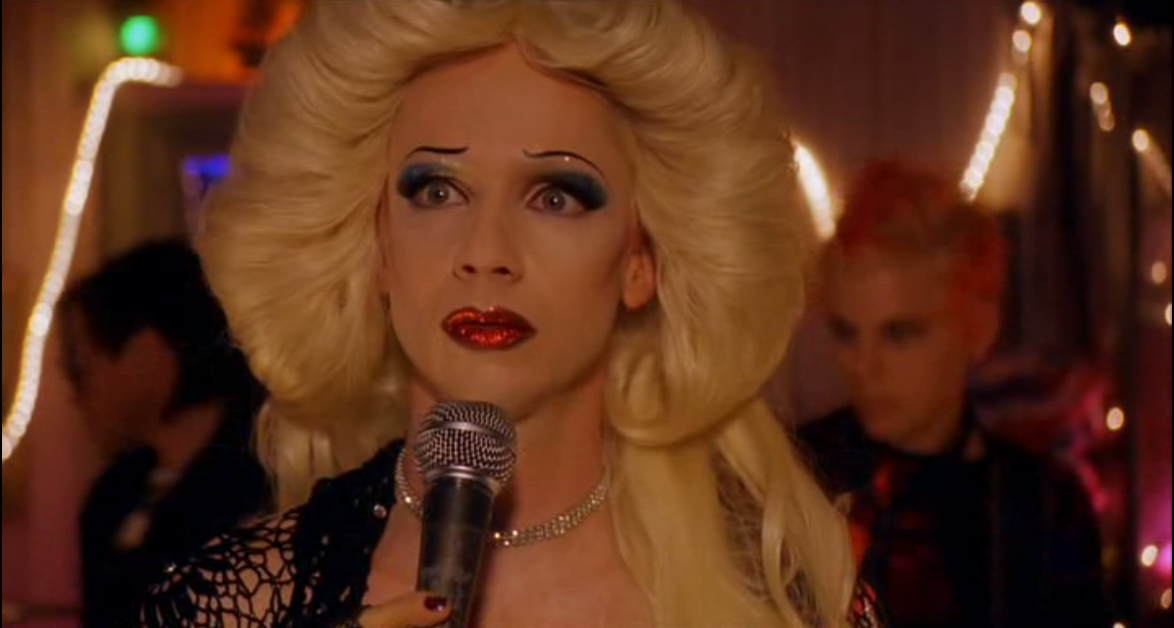


I thought I was face to face with Satan himself.” Characters thus prove not only incapable of accepting Erik’s ugliness, but they can also conflate Erik’s physical repulsiveness with his moral worth, demonstrating a narrow understanding of the link between human behavior and appearances.Īffected by constant public rejection, Erik forgoes his artistic aspirations and dreams only of living a normal life. When Raoul discovers Erik’s face, a skull covered in yellow, rotten flesh, he links this ugliness to evil: Erik’s eyes, he describes, “burned with the fire of Hell. On the one hand, Erik’s voice is so strikingly beautiful that it seems imbued with the divine: Raoul describes his voice as “a tranquil and pure fountain of harmony,” an expression of “musical grace.” On the other hand, the hideousness of Erik’s face associates him with the devil. This gestures to society’s preoccupation with appearances, as it conflates external beauty with moral goodness and ugliness with evil.

The novel thus exposes the judgmental nature of society, which keeps perfectly admirable-yet unattractive-individuals from expressing themselves and contributing to the social and artistic life of humanity.Įrik’s extraordinary gift as a singer sets him apart from ordinary human beings, but the beauty of his voice is only apparent to others as long as he hides his physical deformity. Ultimately, it is only in death that the novel offers some hope of justice: when Erik is dead, his skeleton resembles that of any other mortal, thus finally allowing him to be “normal”-the very status he tragically aspired to achieve throughout his life. In this way, the novel denounces nineteenth-century theories about beauty, according to which physical deformity could be considered a reflection of one’s moral character. Although the novel takes pity on Erik’s circumstances, highlighting the injustice of being forced to live in solitude, it also offers no viable alternative: Erik is forced to accept that his talents as a singer will never come to light, and that he will never be forgiven for his ugliness. The “Phantom” Erik’s tragic situation as a man forced to live in a cave derives from his repulsive, skeleton-like appearance, which proves too horrific for others to witness.


 0 kommentar(er)
0 kommentar(er)
